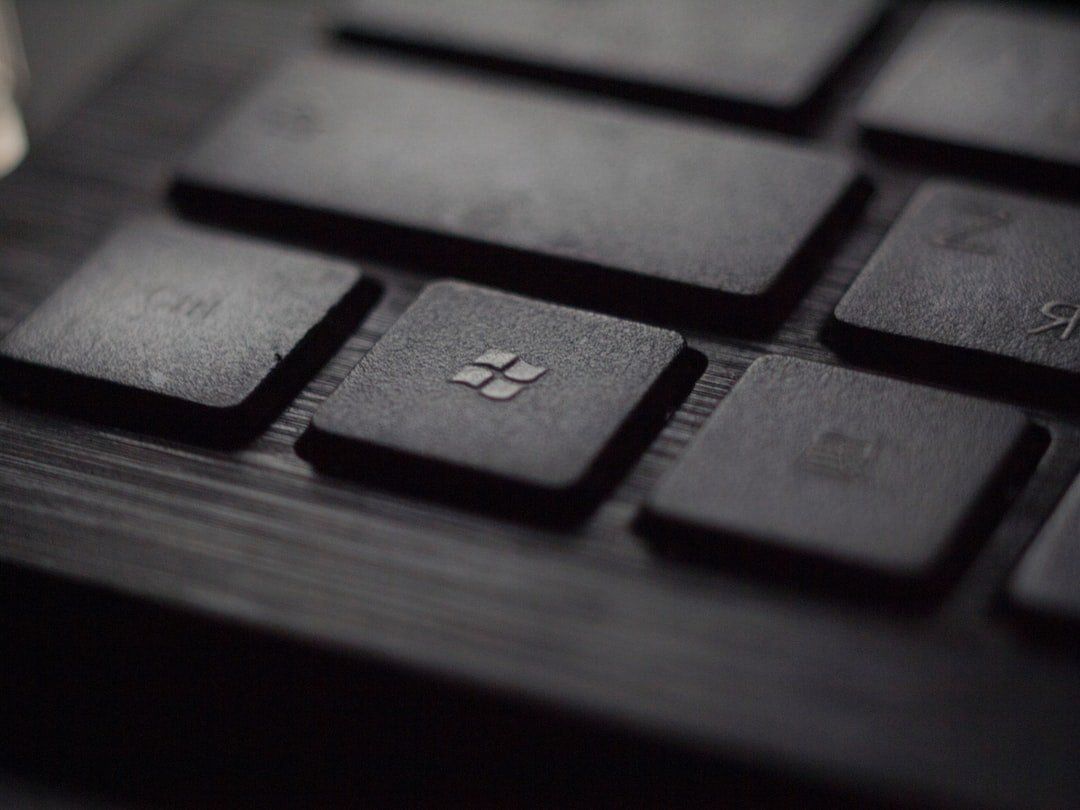914 reads
5 Simple Ways To Get Rid Of High CPU Usage Troubles on Windows
by
November 4th, 2020
Audio Presented by
About Author
Sharing knowledge in the digital world about Cybersecurity.
Comments
TOPICS
THIS ARTICLE WAS FEATURED IN
Related Stories
A Brief Introduction to System Drivers
@waqarhussain
Jan 10, 2021
A Brief Introduction to System Drivers
@waqarhussain
Jan 10, 2021

